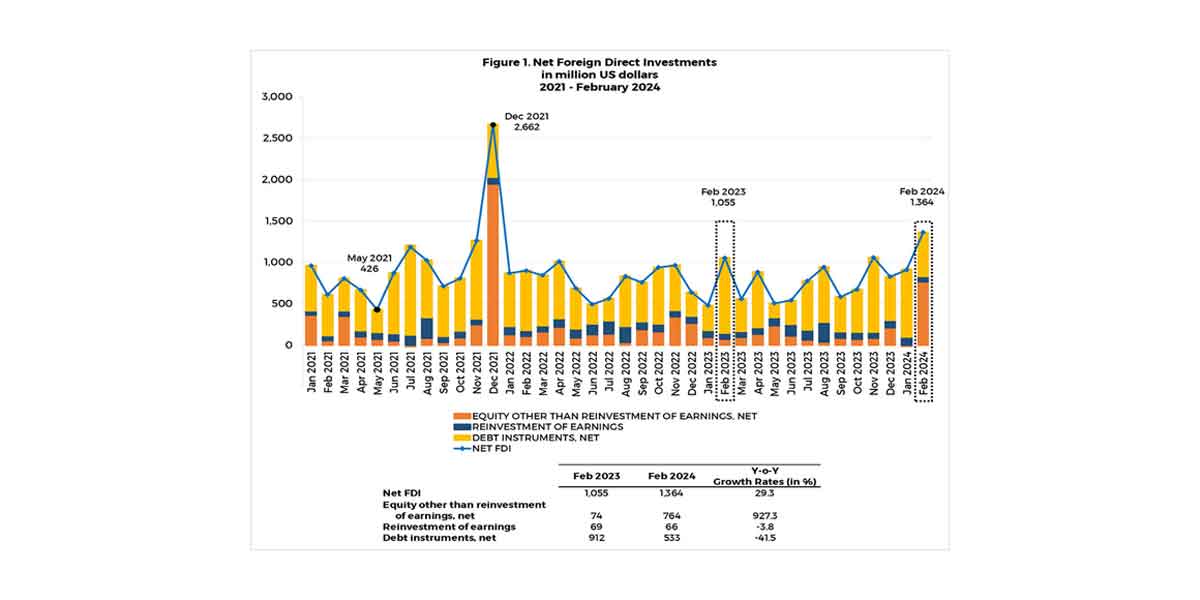By Artchil B. Fernandez
In the past historical distortions, lies, and falsehoods are hiding in the dark corners of the digital world. Today they are going “mainstream.” No less than the Department of Education (DepEd) is leading the charge to distort the country’s history, deodorize its dark past and ultimately delete it.
Without sense of shame or fear losing academic integrity, DepEd’s Bureau of Curriculum Development (BCD) early this month issued a memorandum that replaces the term “Diktadurang Marcos” (Marcos Dictatorship) with simply “Diktadura” in Grade 6 textbooks. DepEd Bureau of Curriculum Director Jocelyn Andaya confirmed that “indeed there was a letter that was sent to the Office of Undersecretary for Curriculum and Teaching. This was made by our Bureau of Curriculum Development (BCD) specialist. This was submitted to my office and forwarded to the Office of Undersecretary for Curriculum and Teaching.”
Removing “Marcos” from Marcos Dictatorship is the first step in historical cleansing. The next stage is erasing “Dictatorship” in history books and the final phase is the implantation of a fiction, of a lie that the martial law era (1972-1981) was a “golden age” replete with fake and manufactured data and figures. This is the endgame of the Marcos family – redemption through lies and falsehoods.
What DepEd is doing is elevating absurdity to art form. Is there a dictatorship without a dictator or a song without a melody? It is incredible DepEd believes it can get away with such trickery and blatant lying. Philippine education is doomed.
No matter how hard the Marcoses and their latest ilk, DepEd, try to distort history and impose their lies, they are bound to fail. Their falsehoods will never be accepted by real academics, genuine historians, and legitimate social scientists schooled in rigid, rigorous, and fact-based process of knowledge production. DepEd committed academic hara-kiri by becoming an instrument of the Marcos family to promote their fiction. Philippine education will be the laughing stock of the global education community.
The Marcos Dictatorship is a well-established fact. Its existence and characteristics had been vigorously dissected, interrogated, and examined by local and international scholars from various disciplines of social sciences.
One work that unpacks the nature of Marcos martial law regime is that of H. E. Chehabi and Juan J. Linz. They studied totalitarian and authoritarian regimes and conclude that there is a vast “structural differences among them” (1998). Despite the differences, they found that “some regimes appeared distinct on all the major dimensions used in the conceptualization of nondemocratic rule” (1998). One type of nondemocratic rule that was the focus of their work is the “sultanistic regime.” They identified some “sultanistic regimes” in the world and Marcos martial law regime was among them alongside Dominican Republic’s Trujillo, Haiti’s Duvalier’s rule, Batista’s dictatorship in Cuba, Pahlavi shahs’ reign in Iran, and the rule of the Somoza family in Nicaragua.
Sultanism was originally conceptualized by German sociologist Max Weber. “In the extreme case,” Weber (1978) contends “Sultanism tend[s] to arise whenever traditional domination develops an administration and a military force which are purely instruments of the master. […] Where domination […] operates primarily on the basis of discretion, it will be called sultanism. […] The non-traditional element is not, however, rationalized in impersonal terms, but consists only in the extreme development of the ruler’s discretion. It is this which distinguishes it from every form of rational authority.”
Expanding and enriching Weber’s idea, Chehabi and Linz has this definition of a sultanistic regime. “It is based on personal rulership, but loyalty to the ruler is motivated not by his embodying or articulating an ideology, nor by a unique personal mission, nor by any charismatic qualities, but by a mixture of fear and rewards to his collaborators. The ruler exercises his power without restraint, at his own discretion and above all unencumbered by rules or by any commitment to an ideology or value system. The binding norms and relations of bureaucratic administration are constantly subverted by arbitrary personal decisions of the ruler, which he does not feel constrained to justify in ideological terms. As a result corruption reigns supreme at all levels of society” (1998).
Marcos martial law regime Chehabi and Linz point out fall under the above notion of sultanistic regime. In Marcos martial law regime, “power is exercised for the benefit of the ruler, his family, and his close friends” (1998) they note.
Corruption and cronyism were prevalent. “Marcos shared an endless bounty of profits derived from government-sponsored contracts and concessions as well as private deals … with his wife and relatives, and with selected friends who belonged to his inner entourage…” (1998) they observe. “Marcos expropriated wealth from foreign investors and the politically weakened landlord class through direct confiscation, bribery, and cronyism. Non-Filipinos wanting to do business in the Philippines had to make payoffs to high officials in government” (1998) their investigation further reveal.
When Marcos sultanistic regime was overthrown in the 1986 EDSA People Power Revolt, the Philippines was on the verged of collapse. “Marcos left a ruined economy drained of billions in stolen wealth, a communist insurgency, and a politicized military” Chehabi and Linz (1998) concluded.
As the country commemorates the 51st year of martial law declaration this week, the legacy of cronyism and corruption, bankrupt and crumbling economy, widespread human rights violations, and a host of high crimes committed by the Marcos dictatorship must not be forgotten, DepEd notwithstanding. Dictatorship has a dictator and in the case of the Philippines, the name and face that dictator is Ferdinand Edralin Marcos Senior.




















